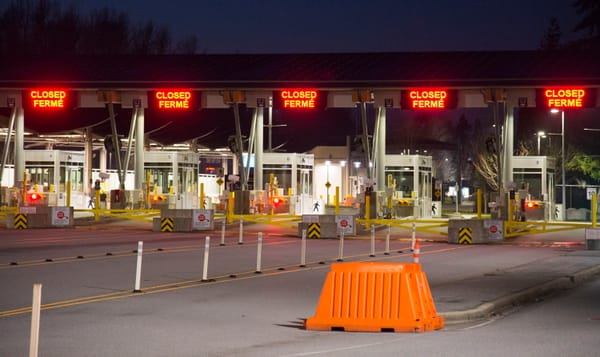Justin Trudeau said it before Donald Trump: “You have to go back. You have less than a year.” His government’s recently announced policy changes mean that at least 70,000 foreign students and many more temporary foreign workers will face deportation as soon as 2025. In response, protests have spread across Canada, spearheaded by international students who paid hefty fees to enter the country and start degree programs. Many are shocked by the Canadian prime minister’s about-face, having assumed that immigration into Canada would continue unabated up the trendline.
But for those who have been paying attention, the announcements aren’t surprising. The Canadian government has been gradually signaling an end to its ultra-permissive immigration policy, which was expanded following the pandemic. Its latest moves seem of a piece with recent measures to limit the influx of migrants in several other once migrant-friendly liberal democracies, from Sweden to the United States. But Ottawa’s restrictionist turn is a particularly revealing instance of the West’s ongoing immigration backlash. It is the latest reminder that despite the fundamental questions of identity and belonging raised by the immigration debate, policy in this area is most often determined by mundane and contingent economic imperatives.
